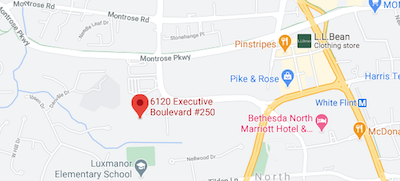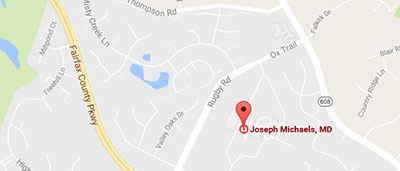 Gynecomastia is a medical condition in which excess glandular male breast tissue gives the male chest an enlarged, swollen or feminine appearance. The only solution is the surgical removal of the tissue during male breast reduction surgery. Dr. Joseph Michaels is Maryland’s plastic surgeon of choice for men struggling with gynecomastia. He regularly fields questions from interested candidates and thought it would be helpful to compile the most common questions into a blog post.
Gynecomastia is a medical condition in which excess glandular male breast tissue gives the male chest an enlarged, swollen or feminine appearance. The only solution is the surgical removal of the tissue during male breast reduction surgery. Dr. Joseph Michaels is Maryland’s plastic surgeon of choice for men struggling with gynecomastia. He regularly fields questions from interested candidates and thought it would be helpful to compile the most common questions into a blog post.
Do I have true gynecomastia or pseudogynecomastia?
Dr. Michaels blogged about the two conditions earlier in the month and noted that the primary difference is the type of tissue that makes the breasts look larger. The blog post is a good resource as you research both conditions; however, keep in mind that the only way to determine your exact condition is to schedule a consultation with the doctor.
Can gynecomastia be corrected through diet and chest exercises?
No, true gynecomastia does not respond to diet or exercise. It can only be corrected via a surgical procedure called male breast reduction or gynecomastia surgery.
What happens during male breast reduction?
During the operation, Dr. Michaels makes small incisions around the edge of the areola (darkly pigmented skin around the nipple) and in the armpit region if liposuction is also to be performed. Through the incision, he removes excess glandular tissue and may use liposuction techniques to remove fatty tissue. If the patient has excess saggy skin, he removes it and tightens the surrounding skin.
How long is the recovery from male breast reduction?
Recovery varies by patient, as everyone’s body is different. In general, most patients take a few days to a week off from work and resume light activity approximately five days after surgery. Strenuous physical activity should be restricted for about four to six weeks after surgery. Dr. Michaels can provide a more detailed timeline during the surgical consultation.
Does gynecomastia surgery affect nipple sensation?
Permanent change or loss of nipple sensation is possible, though rare, after gynecomastia surgery. Usually sensitivity decreases right after surgery and then returns over the following weeks to months.
Contact Dr. Joseph Michaels Today
If you are concerned about your excessive male breast/chest tissue and would like a flatter and firmer chest, Dr. Michaels can help. Call (301) 468-5991 or (703) 957-8610, or send us an email today to schedule an informational consultation with the doctor.








